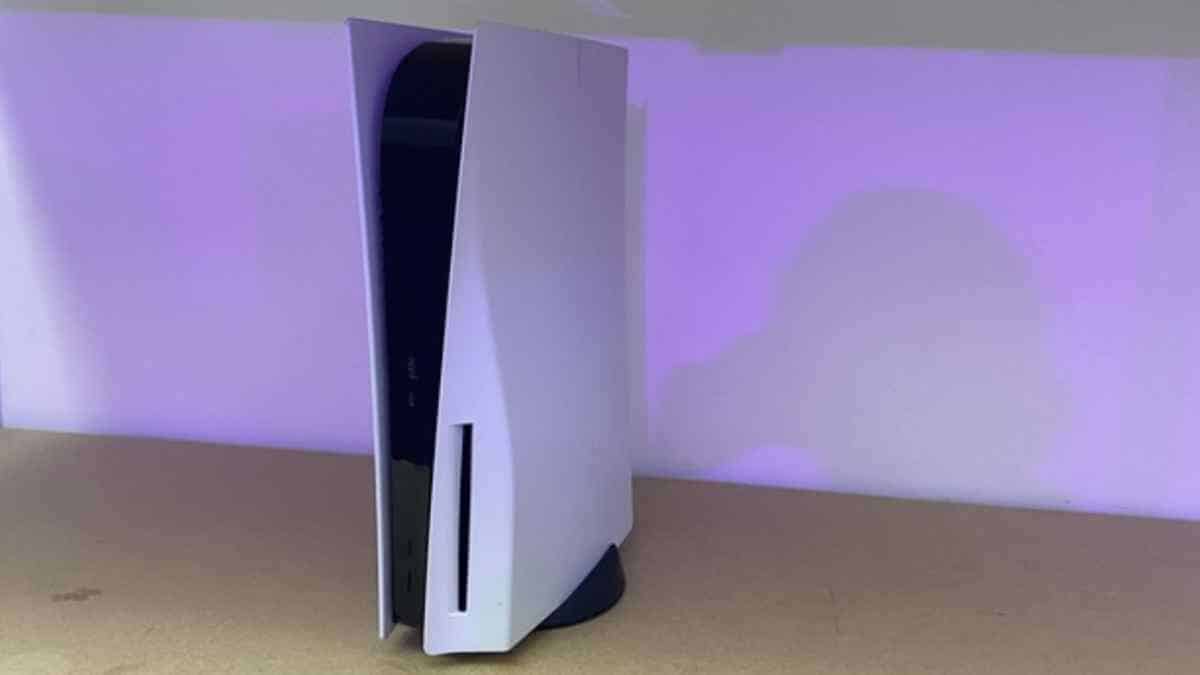Video Gamer is reader-supported. When you buy through links on our site, we may earn an affiliate commission. Prices subject to change. Learn more
Sony, for whatever reason, has faced licensing issues with the Discovery content providers on its PlayStation consoles, and thousands of seasons of TV have been taken down from the service. This is all content that users have previously paid for, though their access will soon be cut off.
The “licensing arrangements” in question relate to PlayStation’s relationship with Warner Bros Discovery. While the statement doesn’t provide any information about the specific reason, it’s safe to assume that there are financial reasons at play. Ars Technica has postulated that “WBD has made it too expensive for Sony to license the content anymore,” which seems to be a likely reasoning.
It seems like a pretty niche issue, but one that could be rectified by refunding all previous sales. There’s quite a bit of social backlash surrounding the issue too, one that’s sure to have knock-on effects down the line.
“As of 31 December 2023, due to our content licensing arrangements with content providers, you will no longer be able to watch any of your previously purchased Discovery content and the content will be removed from your video library,” the brief legal notice explains.
Now, imagine the same situation where the context is switched up slightly. Instead of watching, it reads playing, instead of Discovery content, it reads PlayStation Store content, and instead of video library, it reads game library. Sounds alarming, right?

Personally, I’ve got a standard PS5 console with a disc drive, and aside from the few games that were bundled alongside it, all my games are from the PlayStation Store (one of them, Deathloop, is still in the plastic wrap). My library of PlayStation games actually dates back to when I first owned a PS3 in 2007. While that console suffered from a YellowLight of Death many years ago and it’s safe to assume I’ve lost most of my physical games – I still have plenty of digital copies still tied to my account. If I ever choose to pick up an old PS3, they’ll all be there still. That’s one brilliant thing about ‘owning’ digital content – it’s always available. Or at least, that’s what you’re led to believe.
Users who had once paid for Discovery content will now have that access taken from them, and what’s to say game publishers won’t pull their content from the PlayStation Store one day. It’s incredibly unlikely – absurdly so, but if it can happen, it will.
Digital ownership is a tricky subject. You don’t really own anything until it’s in your hands. This applies to a range of things. Media content isn’t really yours if you’re streaming it online so ‘owning’ a TV show is better translated as holding a digital licence to it. At any moment, a number of digital issues can prevent you from accessing it. The same applies to digital finances such as cryptocurrency – best practice is to make sure any large quantities of currency are held in your wallet, and many people apply this logic to physical cash, too. It makes me think – do I really own any of the games I have on my PlayStation account? If not, am I just renting a temporary licence that could be revoked out from under me?

The PlayStation 5 launched with two models: Disc and Digital. One comes with a physical Ultra HD Blu-ray drive, while the other relies on digital downloads on the console’s drives to run games. They’ve done the same with the PS5 Slim, however, the Disc drive is now a hot-swappable piece of kit. It makes sense from a business perspective. Nowadays, we’re getting very used to this digital-only age. Our games come directly from the PlayStation Store, our TV is streamed straight from Netflix and our music is provided by Spotify. DVDs and CDs are almost considered ‘retro’ and it’s probably not long till our physical games are too.
We’ve seen it happen across a range of platforms – the recent CS2 update, for example, has meant that CS:GO players on Mac no longer had access to the game, nor their skins worth hundreds in some cases.
I’m not going to sit here and boldly claim that one day, digital-only consoles will become obsolete. I’m not going to suggest that most PlayStation games, or even many, will ever become impossible to access. I’d only ever imagine this a few days short of a global apocalypse.
What I am going to say is that this doesn’t look good for Sony at all. In 2021, after it stopped people from purchasing movie and TV content from the PlayStation Store, it announced “when this change takes effect, users can still access movie and TV content they have purchased through PlayStation Store for on-demand playback on their PS4, PS5 and mobile devices” in a legal briefing. Now, that very content is inaccessible, and the company hasn’t offered any compensation solution at all.
